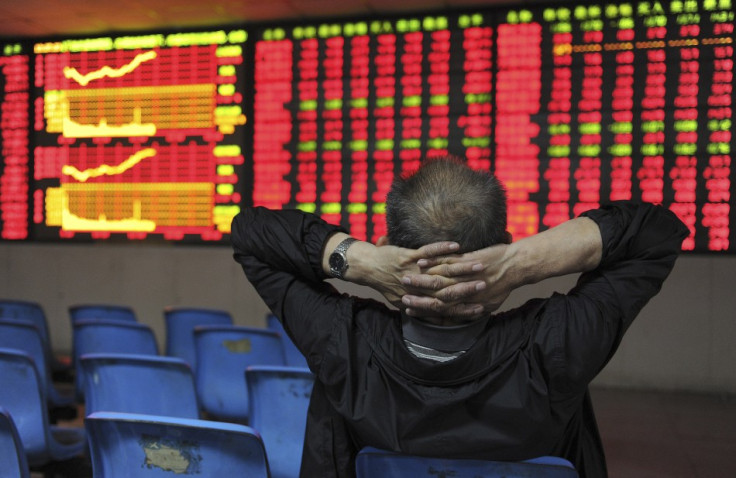What investors need to know about boom and bust periods in emerging markets

The perception that extreme boom and bust periods occur time and again in financial markets was widespread before academics formulated the efficient market theory in the late 1960s.
In the past two decades, behavioural economists showed the efficient market theory – a building block of traditional finance theory – does not adequately take into account that investor sentiment, ranging from panic to euphoria, is an important driver of stock prices.
In a current article published in the Journal of Behavioral Finance, we analysed whether emerging markets are partially predictable if they trade at extreme valuation ratios.
We show a predictable "undershooting phenomenon" exists in emerging markets. Extreme fear and pessimism can cause them to fall to extremely low valuation levels. In extreme risk-off periods, when price-to-book ratios are depressed, expected emerging market returns over the next 24 months are twice as high and loss probabilities simultaneously lower than in other periods.
In periods of extreme stress in financial markets, overly anxious emerging markets investors seem to overreact and take a "flight to quality". Traditional finance theory, which neglects investor sentiment, is utterly wrong, especially if you invest in emerging markets.
The loss probability is much higher when emerging markets trade at extremely high valuation levels than in other periods. China is a prime example. Today, roughly half of the 300 stocks included in the Shanghai Shenzhen CSI 300 Index trade at price earnings ratios above 30. Chinese A-shares are not cheap by any standard.
If financial history is any guide for the future, the probability that investors suffer large losses with Chinese A-shares remains very high, even after the recent 25% correction. In such an environment, investors who allocate capital to emerging markets are well advised to go the active route.
Simply buying passive products is clearly not the smartest way to invest in emerging markets as they are far less efficient than developed markets.
Dr Jan Viebig, PhD, CFA is head of Alternative Investments at Vontobel Asset Management in Zurich and a lecturer in finance at the Goethe University Frankfurt. This article is the personal opinion of Jan Viebig and it does not necessarily represent the opinions of Vontobel.
© Copyright IBTimes 2024. All rights reserved.






